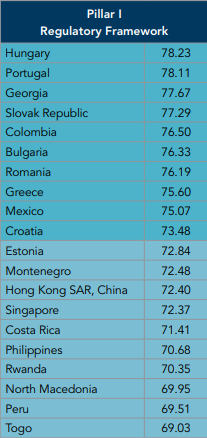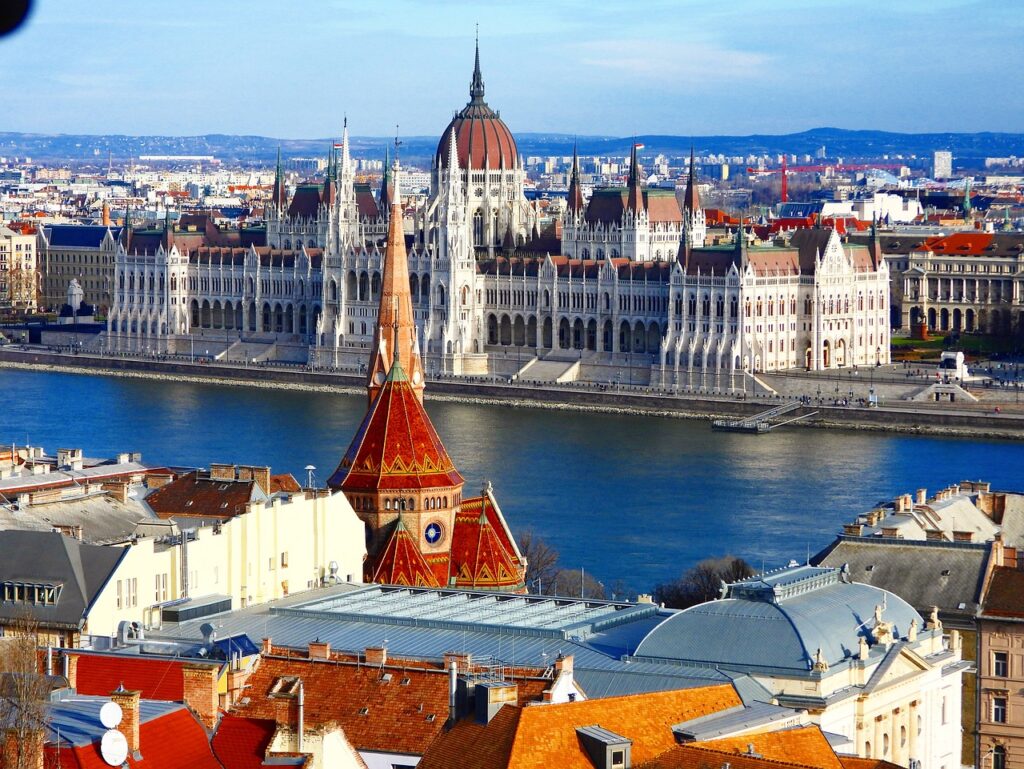Hungary leads the regulatory framework in the World Bank‘s Business Ready ranking.
Business Ready is a new data collection and analysis project of the World Bank Group to assess the business and investment climate around the world, accompanied by a flagship annual corporate report.
Business and Investment Environment
The Regulatory Framework pillar measures good practices prescribed in laws and regulations.
In the ranking, Hungary has the highest score in Pillar I (78.23 points), followed by Portugal (78.11 points), Georgia (77.67 points), the Slovak Republic (77.29 points) and Colombia (76.50 points).

Hungary leads the regulatory framework
The aforementioned economies have sound regulatory frameworks. In addition, they have adopted good practices in most of the areas assessed by the report.
This provides companies and investors with greater confidence, clarity and better risk management.
In the case of start-ups, for example, in Portugal, Hungary and the Slovak Republic, entrepreneurs are required by law to register beneficial ownership information.
This approach is valuable because it can prevent the misuse of corporate vehicles for illicit purposes.
Similarly, in the area of taxation, Hungary, Georgia and the Slovak Republic follow good practices. These practices include codifying tax audit procedures and dispute resolution in a single legislative act.
In addition, they ensure that they publish future tax plans in advance, which provides greater transparency.
Criteria
For this pillar, the World Bank considered, for example, how the performance of the 50 economies varies on the following indicators compiled in the Regulatory Framework.
The law requires verification of the identity of beneficial owners in 68% of economies. This reinforces corporate accountability and strengthens anti-money laundering efforts. In terms of working conditions, 72% of economies require paid annual leave by law, and 88% include paid sick leave.
These measures allow workers to recover without losing income. In addition, in 90% of economies, regulatory frameworks prohibit anti-competitive agreements between companies.

